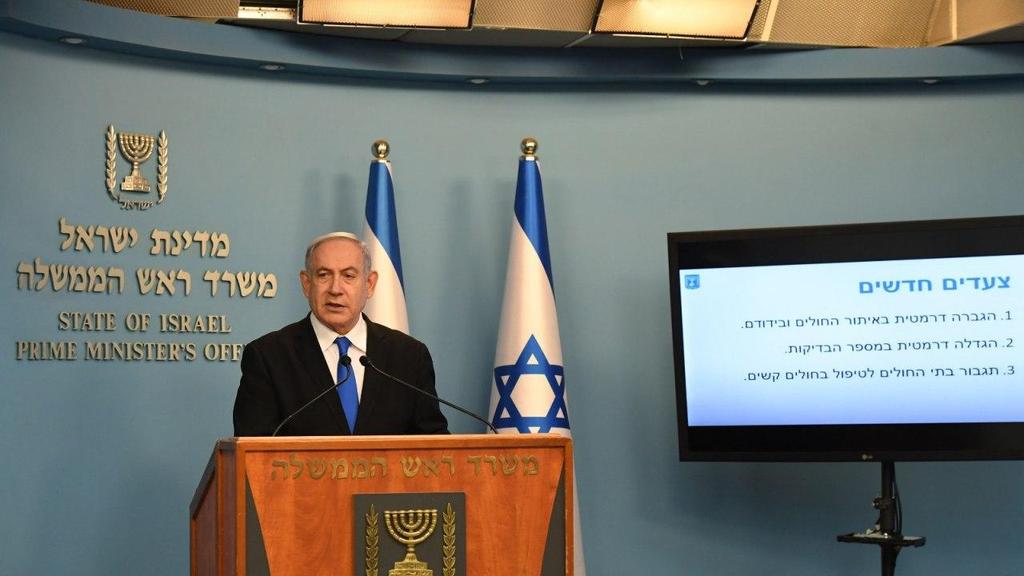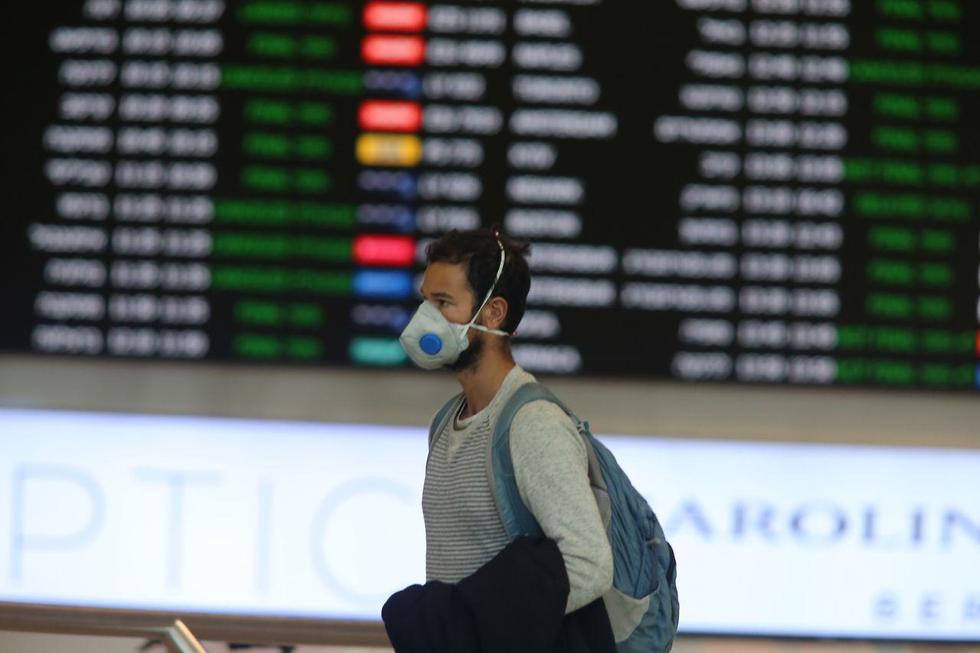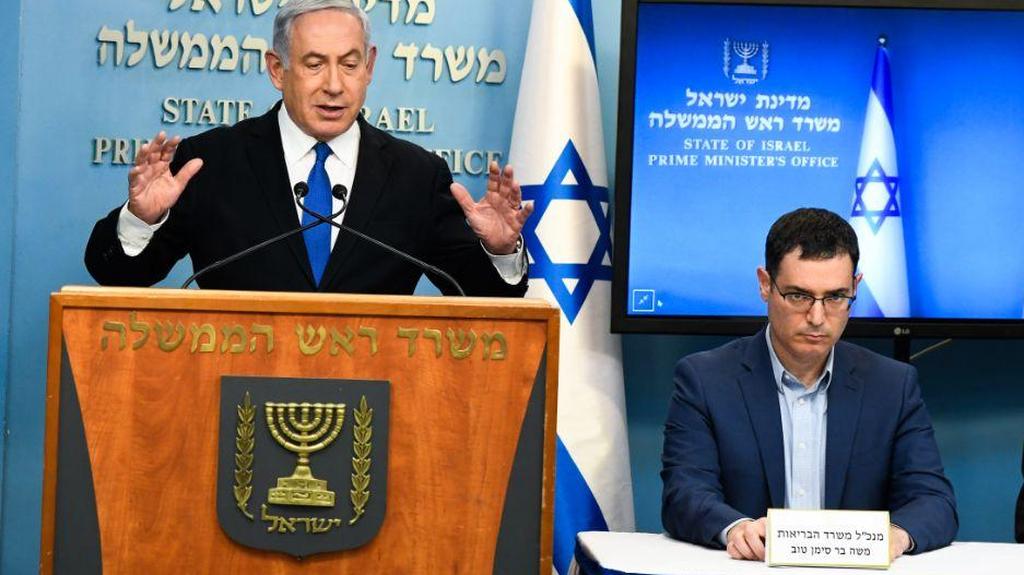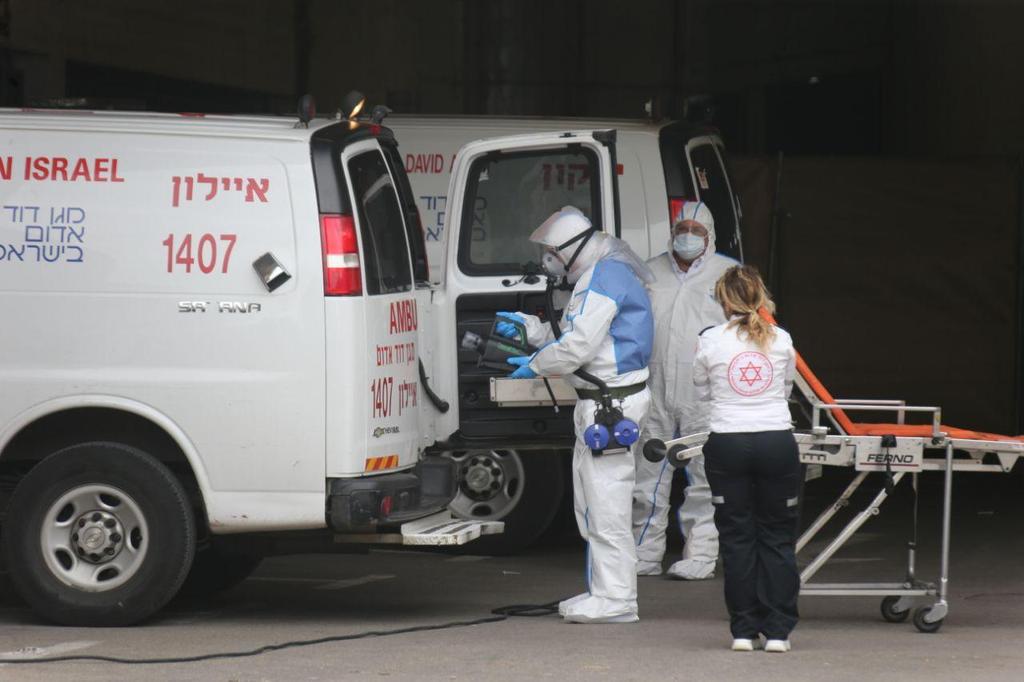Getting your Trinity Audio player ready...
The rate of the coronavirus spread, coupled with the sudden shift to stricter public instructions, serves to prove two things: Israel is not great when it comes to handling a pandemic, and the way the Israeli system is working must change.
The government’s representatives, including Prime Minister Benjamin Netanyahu, are all proud of our success, constantly comparing the situation here to the one in Italy.
4 View gallery


Prime Minister Benjamin Netanyahu addresses the nation about steps to counter coronavirus
(Photo: GPO)
Only, it’s not all that impressive to compare yourself to a country where the situation is at its worst.
Why aren’t officials comparing Israel to countries such as South Korea or Taiwan? In general, any comparison between two countries is bound to create a distortion in information, as the basic conditions of each country are fundamentally different.
Israel’s advantage for example, lays in the fact that there is only one gateway into the country, and that is through the Ben-Gurion Airport.
4 View gallery


A traveler wears a mask as he arrives at Ben-Gurion Airport earlier this month
(Photo: Moti Kimchi)
Although that advantage was, to our dismay, mishandled at the beginning of the coronavirus crisis.
The second advantage lost to us was the long period of warning that we had, especially when compared to the amount of time South Korea and Taiwan had.
The government is continuing its routine, albeit on an emergency footing, because the virus is a health issue. Therefore the Health Ministry has taken all the burden upon itself, and is the one leading the fight against the virus’ spread.
It was obvious a long time ago that this is all-out war, a scenario that demands the country to pool all of its resources, with the most important resource being knowledge and experience.
From the very beginning, the country needed to delegate responsibility to different organizations depending on their skills and experiences. The tracking of known virus cases should have been given to the Shin Bet security service or the IDF's 8200 intelligence unit weeks ago.
The purchase of equipment to defend the public should have been the responsibility of the Defense Ministry, as there is no other organization in the country with such a well-oiled system to procure goods from abroad.
Managing a total war scenario is based on splitting the burden to controllable and clearly defined tasks which in turn will be the responsibility of the country’s organizations based on their experience and skills.
Priorities must also be set, the country’s medical staff must be the first to be protected, while tasks which take a long time to accomplish must take precedence, like ordering protective gear from overseas, or training personnel to tackle new challenges during the crisis.
4 View gallery


Benjamin Netanyahu and Moshe Bar-Siman-Tov discuss coronavirus measures
(Photo: Shalev Shalom)
As accomplished as Health Ministry Director-General Moshe Bar-Simon Tov is, he cannot hope to tackle this crisis alone, and so during an event such as this it is appropriate to put together a small cabinet whose sole purpose is to deal with the outbreak.
That same cabinet need to delegate assignments, putting the most qualified person at the head of each respective team.
At least two bodies should be appointed as soon as possible.
One will be dedicated to technological advancements such as new virus test kits and remote thermal testing, while the other should be devoted to researching critical subjects relating to the virus, such as whether a person who recovered from the corona is now immune or not.
Since the crisis is far from over, it is still not too late to make changes in the way it is managed.
It is time to stop being proud of our so called achievements, and mange the crisis not as though we are at war, but as if we were at all-out war.
Major-General (res.) Giora Eiland is the former head of Israel's National Security Council.
First published: 23:20, 03.18.20


